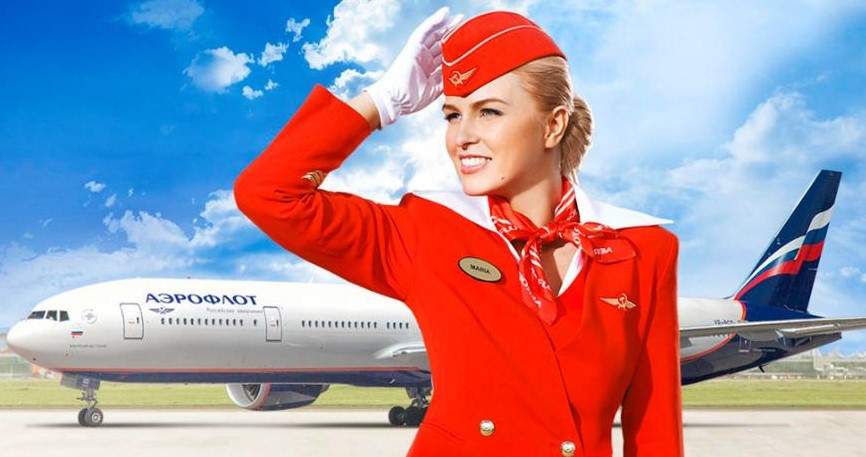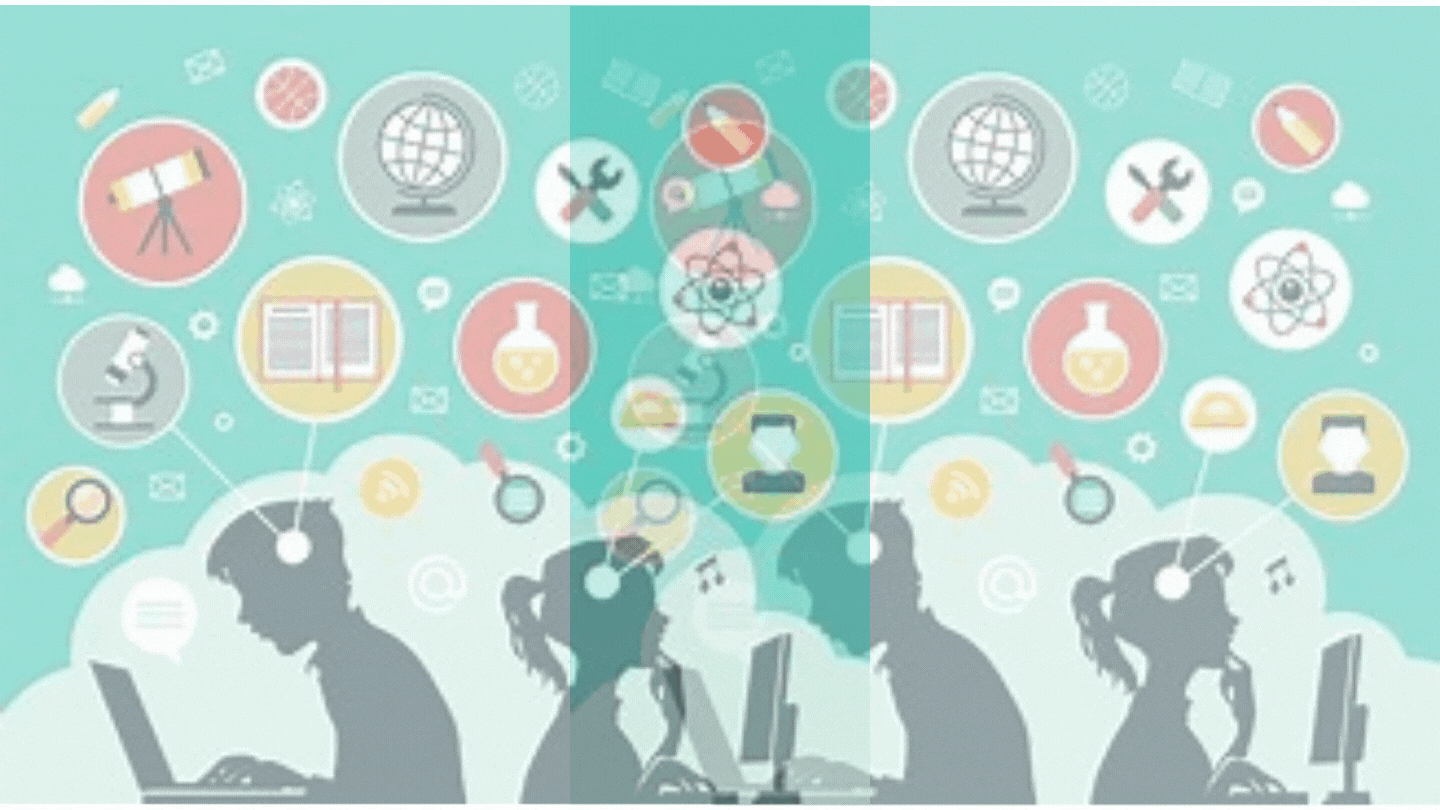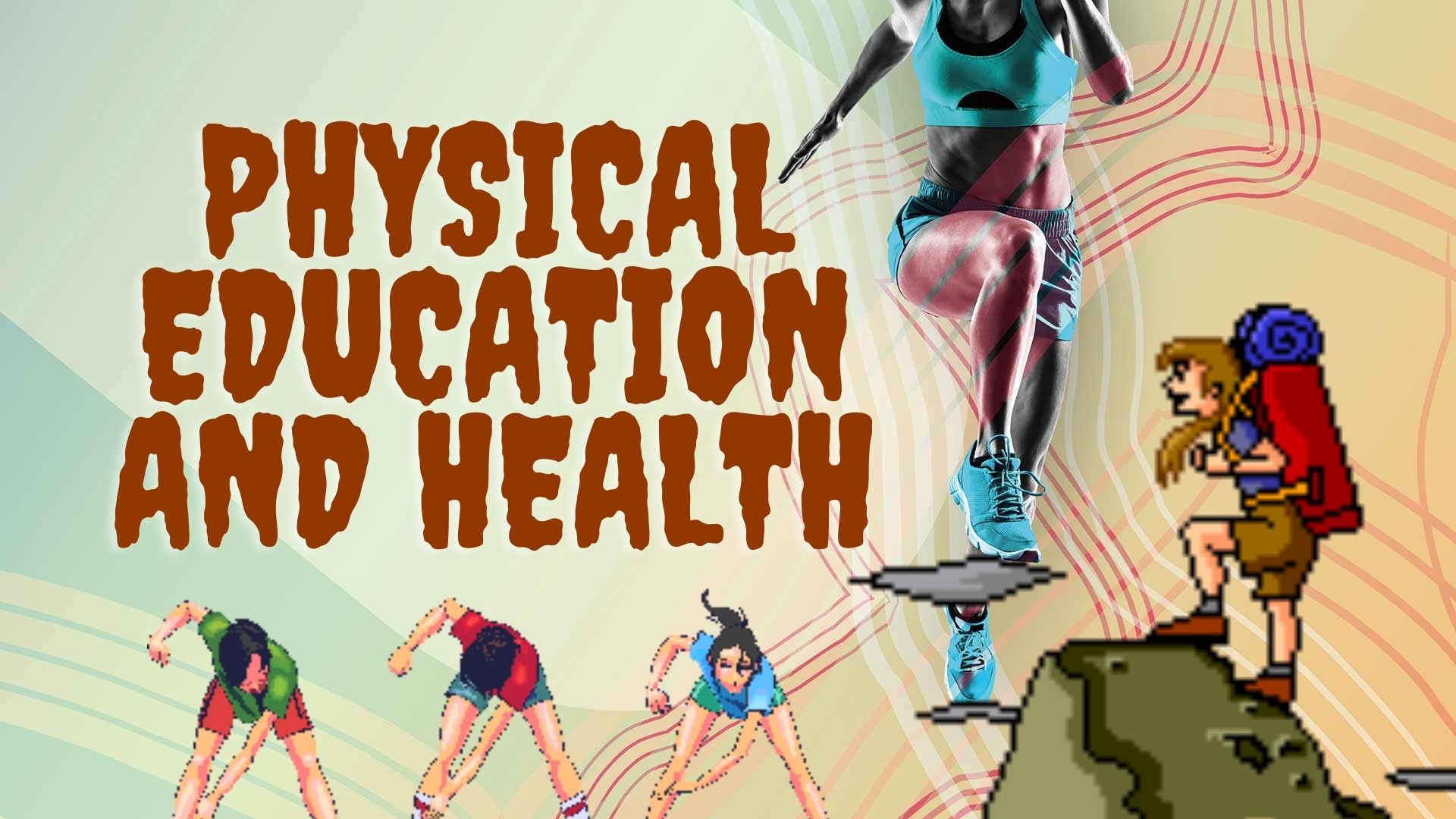Work Immersion is one of the course requirements for graduation. A Senior High School student has to undergo Work Immersion in an industry that directly relates to the student’s postsecondary goal. Through Work Immersion, the students are exposed to and become familiar with work-related environment related to their field of specialization to enhance their competence. Specifically, the students are able to: (i) gain relevant and practical industrial skills under the guidance of industry experts and workers; (ii) appreciate the importance and application of the principles and theories taught in school; (iii) enhance their technical knowledge and skills; (iv) enrich their skills in communications and human relations; and (v) develop good work habits, attitudes, appreciation, and respect for work. These prepare them to meet the needs and challenges of employment or higher education after graduation.

Evolution of our understanding of matter, motion, electricity, magnetism, light, and the universe from ancient times to the present; applications of physics and chemistry concepts in contexts such as atmospheric phenomena, cosmology, astronomy, vision, medical instrumentation, space technology, drugs, sources of energy, pollution and recycling, fitness and health, and cosmetics.

Course Description:
The Media and Information Literacy (Enhancing Education through effective Communication) is specifically designed for senior high school students in order for them to understand the key concepts of media and information and use them to effectively communicate and access information using the technology on hand.
This book aims to develop the critical thinking skills of the students by acquiring the appropriate knowledge in media and information literacy. Learning and developing these skills will guide the students on how they can become responsible users of different forms of media.
This module also focuses on enhancing the student’s technology literacy skills so that they can become competent producers of media and information in the future. It will introduce the students as well as the educators to the different sources of media and information and how they can be utilized to access useful information efficiently. The characteristics of different forms of media and how they are designed and produced to provide relevant information will be discussed thoroughly in this book. In addition, the students will learn how to evaluate and rate the output of the different media platforms’ measure the students' learning abilities, each lesson provides a variety of activities to gauge their understanding and insight about media and information literacy. These activities will also give students the opportunity to apply their knowledge and skills by creating samples of different media platforms.

The III course develops critical thinking and problem-solving skills through qualitative and quantitative researches.
Physical Education and Health offers experiential learning for learners to adopt an active life for fitness and lifelong health. The knowledge, skills and understanding which include physical and health literacy competencies support them in accessing, synthesizing and evaluating information; making informed decisions; enhancing and advocating their own as well as others’ fitness and health. This course on recreational activities is associated with outdoor, natural or semi-natural settings; it enables learners to move safely and competently in these settings while making a positive relationship with natural environments and promoting their sustainable use. It consists of an array of offerings which learners can choose from.
